The AICTE plans to do away with mandatory maths and physics for the engineering exam
A development in the field of education is raising some concern in the minds of people. The NITI Aayog has backed the proposal of the All India Council for Technical Education (AICTE) to revamp the national engineering entrance examination that no longer requires mathematics and physics as mandatory subjects in plus-two. Students will need to pass any three of 14 subjects, including mathematics, physics and chemistry, in their plus-two examination. The logic given is that the industry and a section of the students want the option to pursue technical programmes like agriculture, biotechnology, electronics, or IT engineering that do not depend on physics and mathematics. The AICTE idea applies to the affiliated technical colleges and not to universities, IITs, NITs or IISERs. The move has been met with consternation. The alarmist view is that a section of the students may benefit from this rule but it would destabilise the approach to technical education in the country, that there is no engineering without mathematics and physics, that bridge programmes make poor substitutes. Some even recalled how zero, trigonometry and some aspects of calculus were invented in ancient India, wondering how such a legacy could be junked. The critics view the idea as a move to ensure the survival of engineering colleges in the country. Private engineering and other technical institutes are closing down by the hundreds every year because the seats are not getting filled.
Students do not opt for colleges where minimum standards of learning and infrastructure are not maintained and the graduates do not get jobs. Thirdly, as aspirations grow, the students prefer either nationally acclaimed engineering institutes or diversify into new technical fields. Critics feel that the AICTE proposal can breathe new life into these colleges, though the question mark remains about the quality of education imparted. The debate about the relevance of super subjects — mathematics and physics — can continue. The world is changing fast and technology is speeding it up. The focus of education, especially in the formative years, should emphasise on the applicational along with the theoretical. Technical education programmes are diversifying to as innovative as wine taster, cybersecurity specialist, processed food specialist, site reliability engineer and growth manager. Linkedin came out with a list of emerging industrial jobs in India for 2020, only some of which have to do with engineering but with tangential links to mathematics or physics. The India Skills Report for 2021 says the employability of India’s youth has decreased of late, making it imperative that higher and technical education equips them with skills necessary for in-demand career opportunities. Technology is a double-edged sword. It encourages automation. As it grows, jobs become obsolete. Elitist views about education are becoming archaic. A skills-based ecosystem is needed. A better move than the AICTE proposal, for instance, is to introduce a system of apprenticeship that makes the private sector responsible for imparting skills to the workers depending on the basis of an annual revision of the skills shortage list.
(Courtesy: The Pioneer)







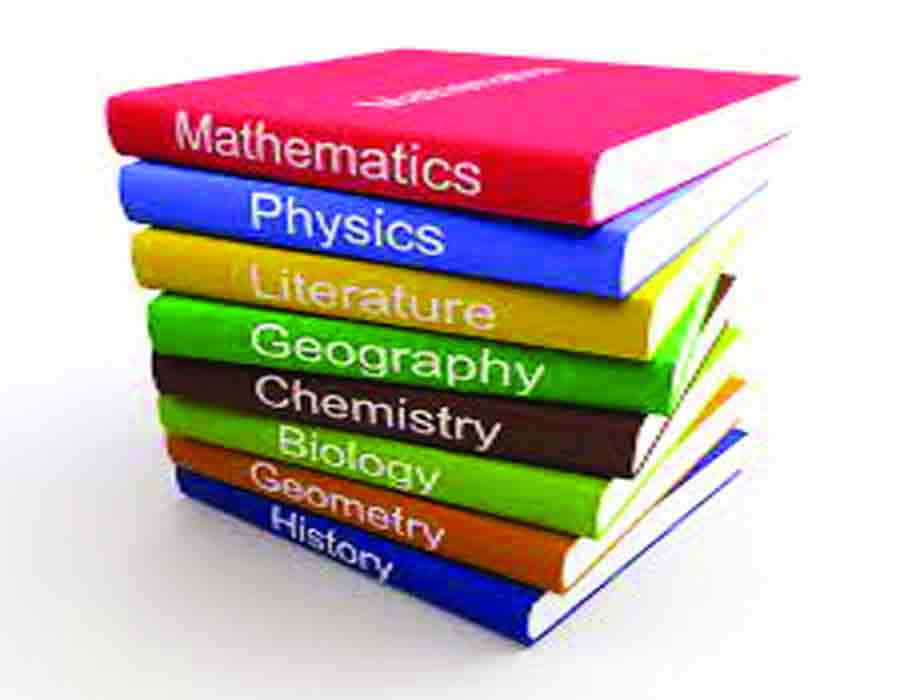
 OpinionExpress.In
OpinionExpress.In
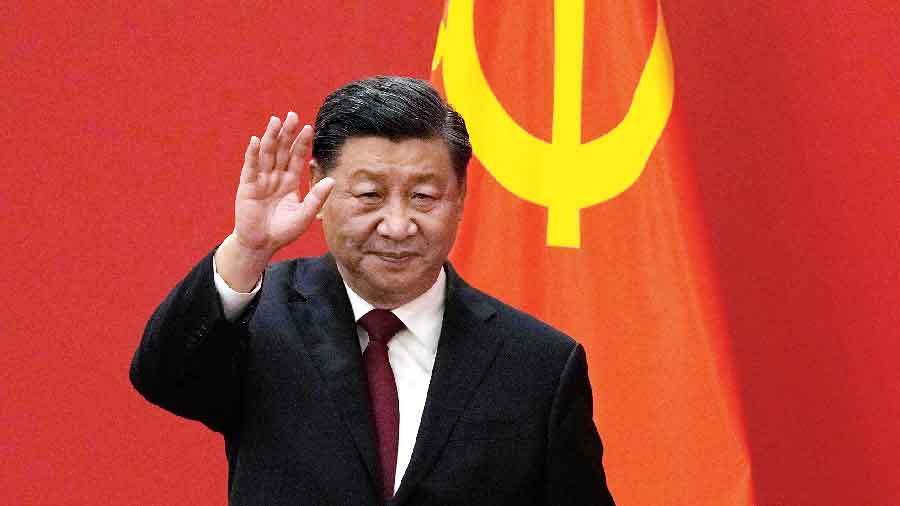




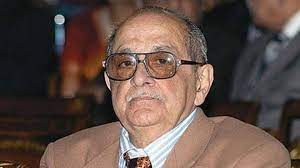
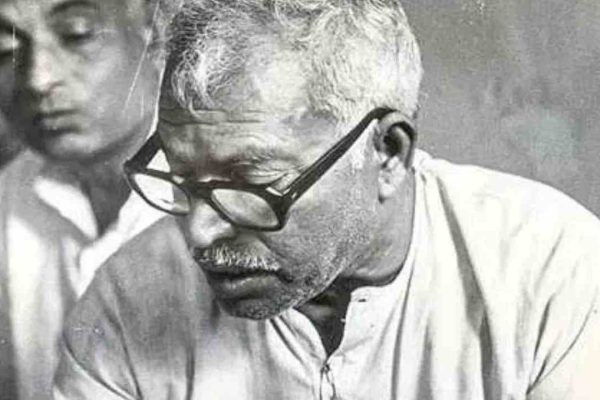
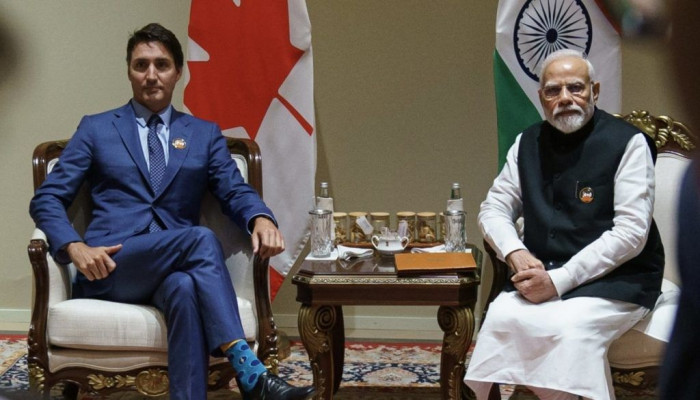







Comments (0)